Inconel 625’s ability to resist heat and maintain its properties and strength in volatile, harsh and unstable temperature extremes makes it the ultimate material for engine component systems.
Parallel Motion components, where supplied in thin wall stainless steel, can also be supplied in ultra-lightweight Inconel 625.
Why Inconel?
Inconel 625 is a non-magnetic, corrosion and oxidation-resistant, nickel based alloy.
The main attractions of Inconel 625 to the Formula One™ & Le Mans arenas is in its extremely high tensile strength, with extreme thermo-chemical stability. The mechanical properties of Inconel allow comparatively thinner sections to be used than with other materials, thus reducing weight without compromising strength. Inconel allows for reduced thickness over traditional stainless steel, while strength is actually increased compared to identical amounts of stainless steel.
Example- a typical Inconel 625 engine system manifolds set can be lifted with one's finger tips alone, while matching the strength of a heavier stainless steel equivalent. Inconel's incredible strength to weight ratio (similar to Titanium) allows very thin wall material to be used in construction, whithout risk to structural integrity. This combination results in incredibly light weight components that will not weaken over time.
Inconel alloys are oxidation and corrosion resistant materials well suited for service in extreme environments subjected to pressure and heat. This, combined with good tensile, fatigue, creep, and rupture strength, has resulted in its use in a range of testing applications (liquid fuelled rockets, metal parts for aircraft, aerospace, etc.) with the passage of time.

However, Inconel is extremely expensive as a raw material. Prohibitively so for many manufacturing markets > the key to realistic pricing of the end component will be deciphered by experience of working with the material, thereby saving wastage and labour time. Due to its rarity in mass manufacturing it is not readily available in tube form and must be rolled in-house, thereby further increasing labour costs over stainless steel. The main considerations when using Inconel is the requirement of a highly skilled workforce, state-of-the-art equipment, and the creation of time intensive processes.
Despite the inherent complexities of working with Inconel 625, it is favoured for elite/competition/engine component manufacture by Parallel Motion:
Durability - Inconel's main advantage over Titanium is reduced risk of oxidation of the material through prolonged excessive heat exposure, resulting in brittle components and potential breakages. As such, Inconel is better suited to applications with higher operational temperatures. Inconel's superior durability to extreme heat make it a superior material for Turbocharged and Motorsports applications - which is why Inconel (and not Titanium) is used for F1™, Indycars, Le Mans, NASCAR and many elite formulae.
Experience - Due to introducing the material to Formula One™ engine architecture and its predominant historic use in-house, it is the material Parallel Motion are most comfortable with working (alongside Titanium & Stainless Steel) for componentry.
Efficiency - In vehicular terms: Importantly the weight typically comes off the front or rear of the car and so has a profound benefit to the balance and all aspects of performance. These components are as close to a Formula One™ system that exists. Utilising type 625 inconel in 0.4mm>0.9mm thickness for tube, silencer casing, & muffler internals typically, and 8mm>10mm inconel for flexible bellows, brackets and flanges typically. (N.B. When vehicle manufacturers ‘market’ certain roadcar exhausts as Inconel or Titanium, it is in fact typically a mix of materials).
Though Inconel does not carry any inherent weight advantage over stainless steel its superior strength allows thinner sheet to be used, thereby less material utilised. Hence, the post construction weight saving.
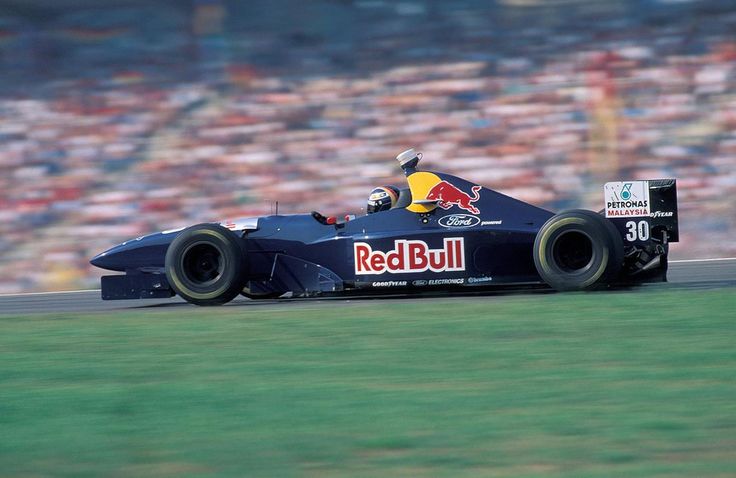 Pedigree
Pedigree Highlights
Highlights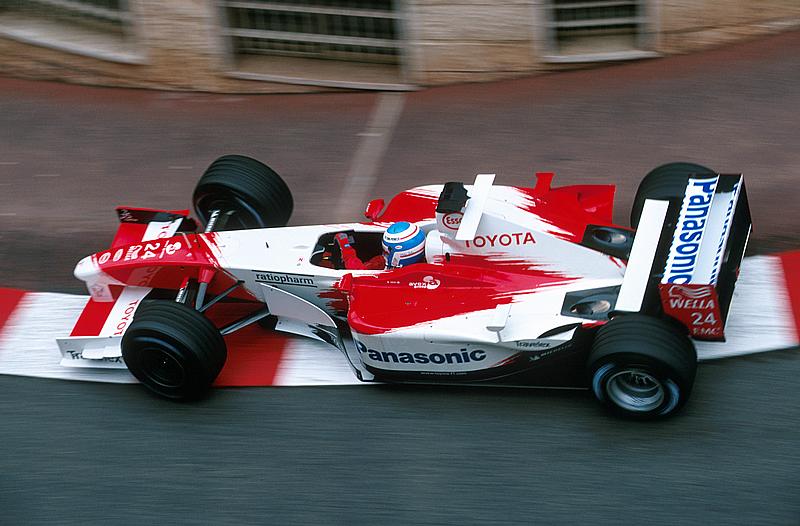 Timeline
Timeline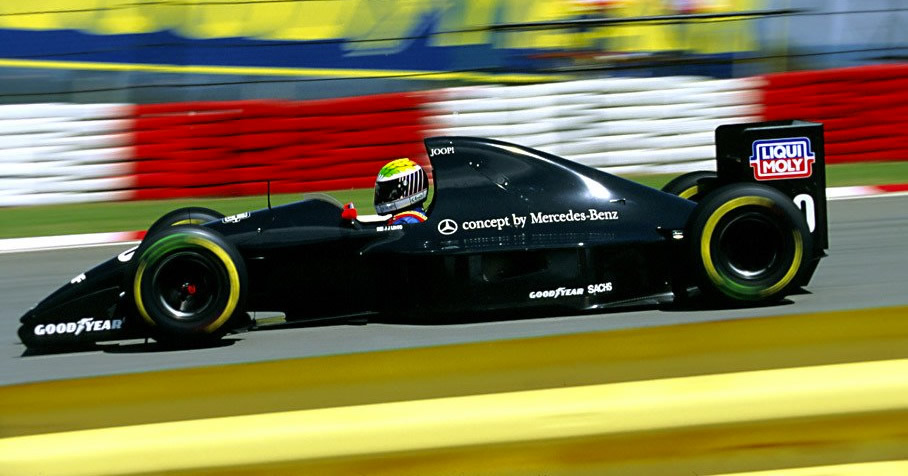 Legacy
Legacy Legends
Legends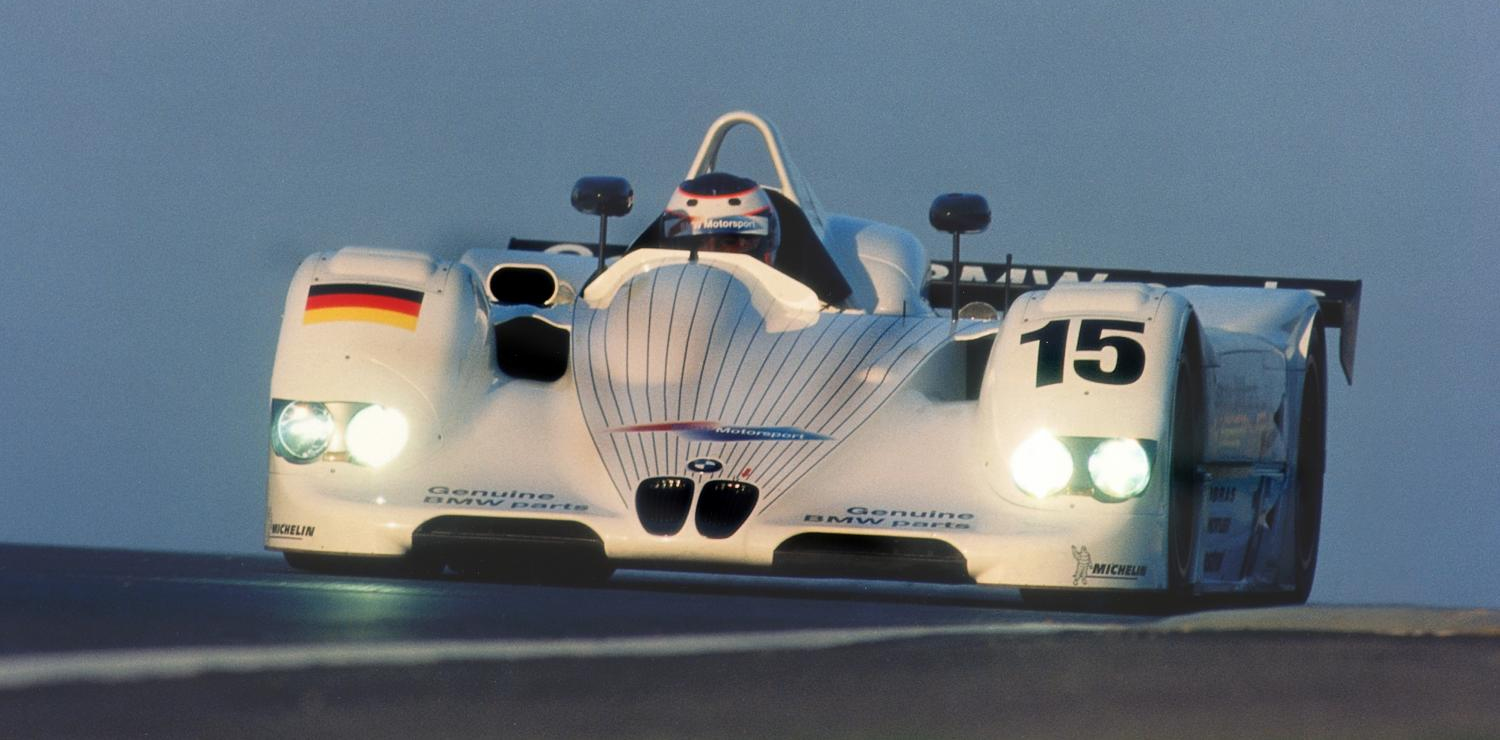 The Name
The Name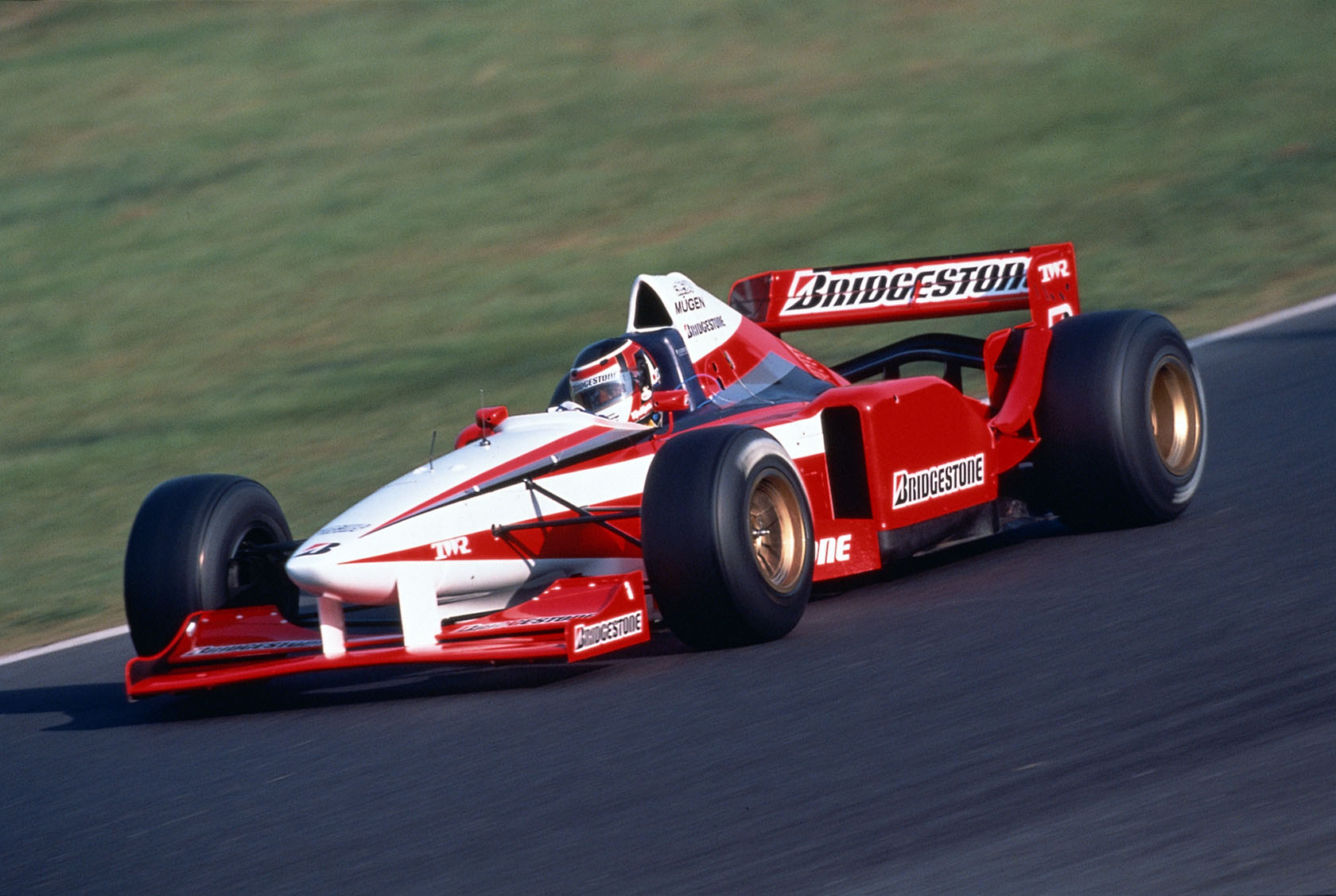 Phase PA – F1™/Indy
Phase PA – F1™/Indy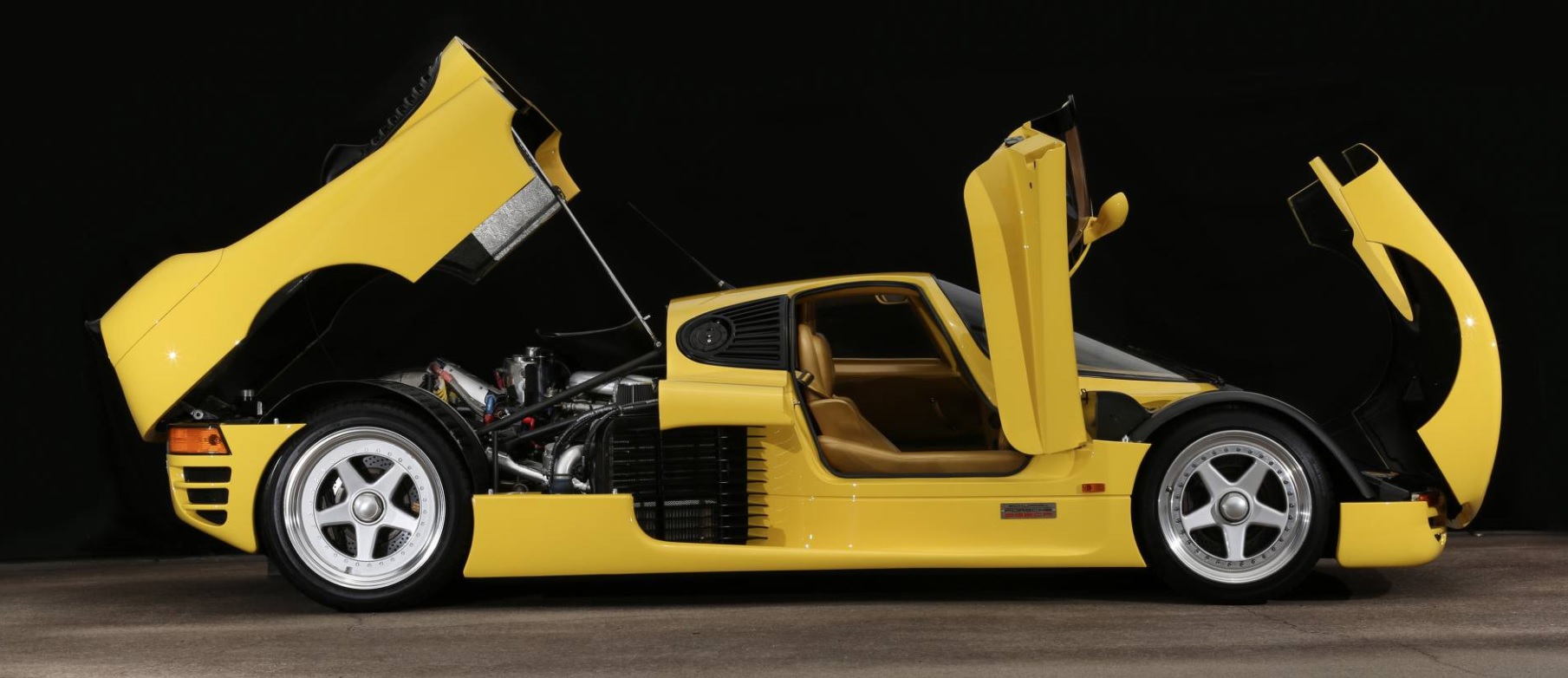 Phase OR – Hypercar
Phase OR – Hypercar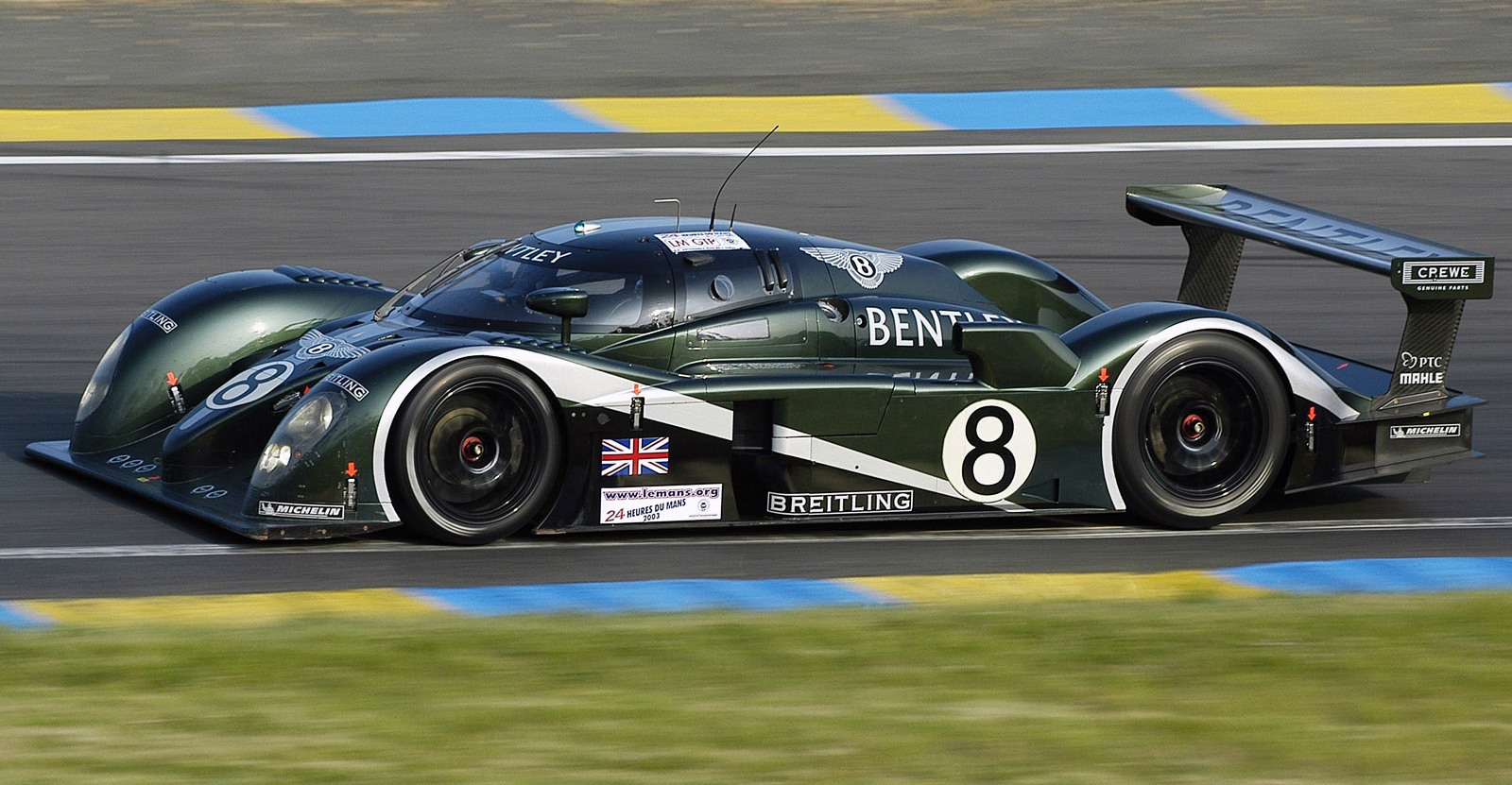 Phase CS – LMP/GT
Phase CS – LMP/GT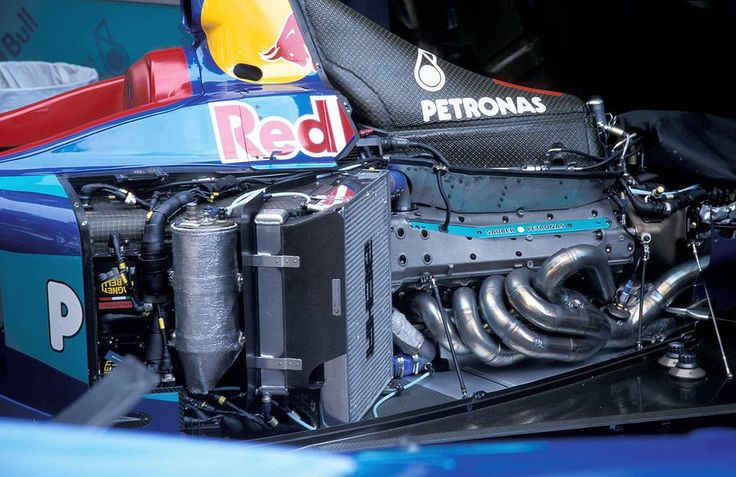 Inconel
Inconel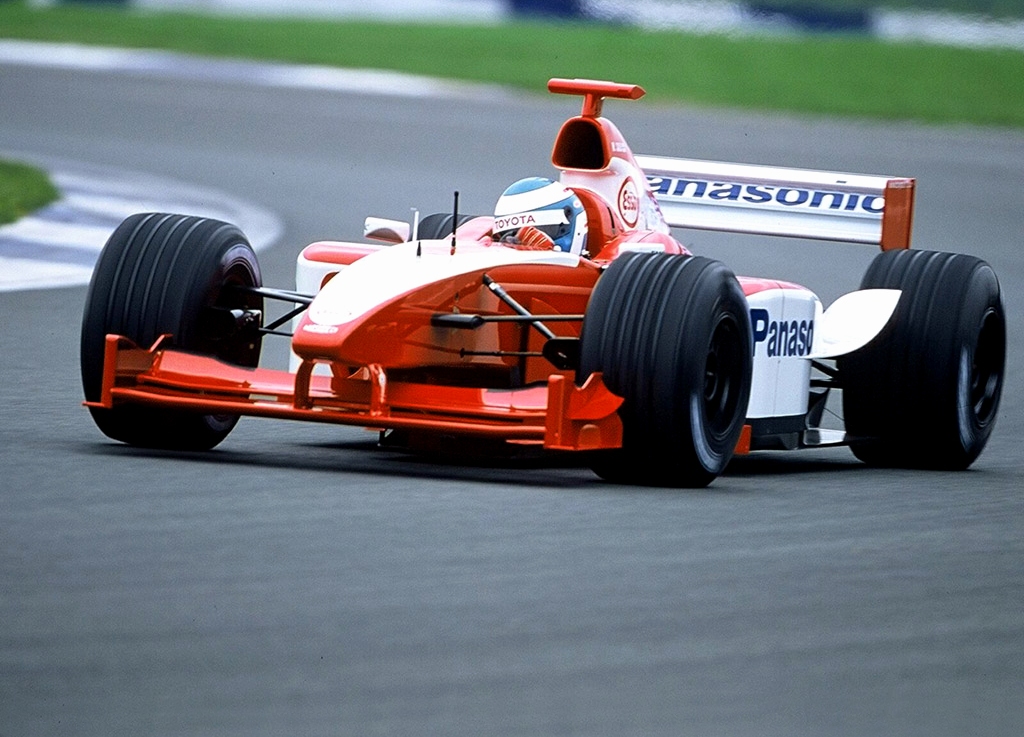 Carbon Fibre
Carbon Fibre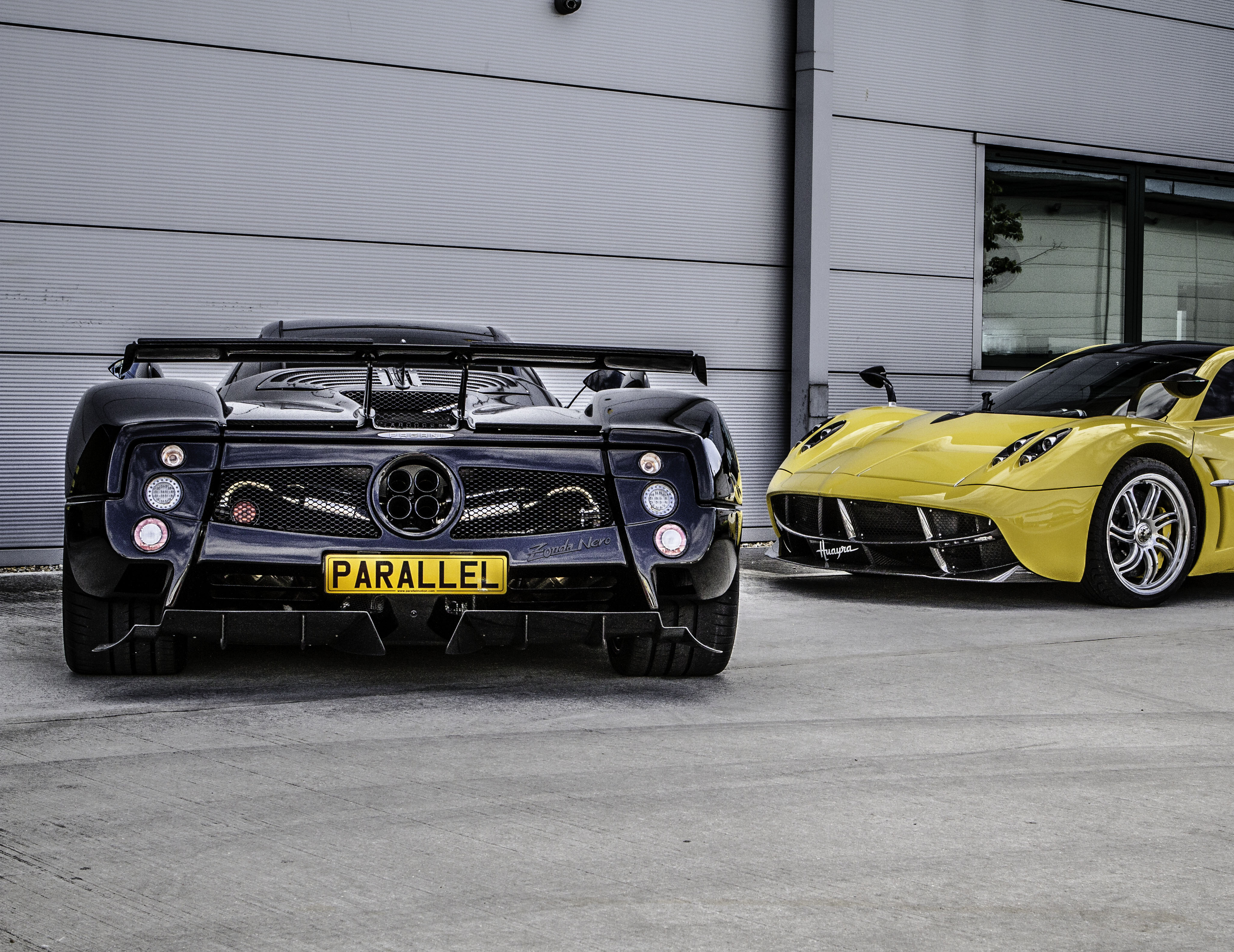 Stainless Steel
Stainless Steel Titanium
Titanium Aluminium
Aluminium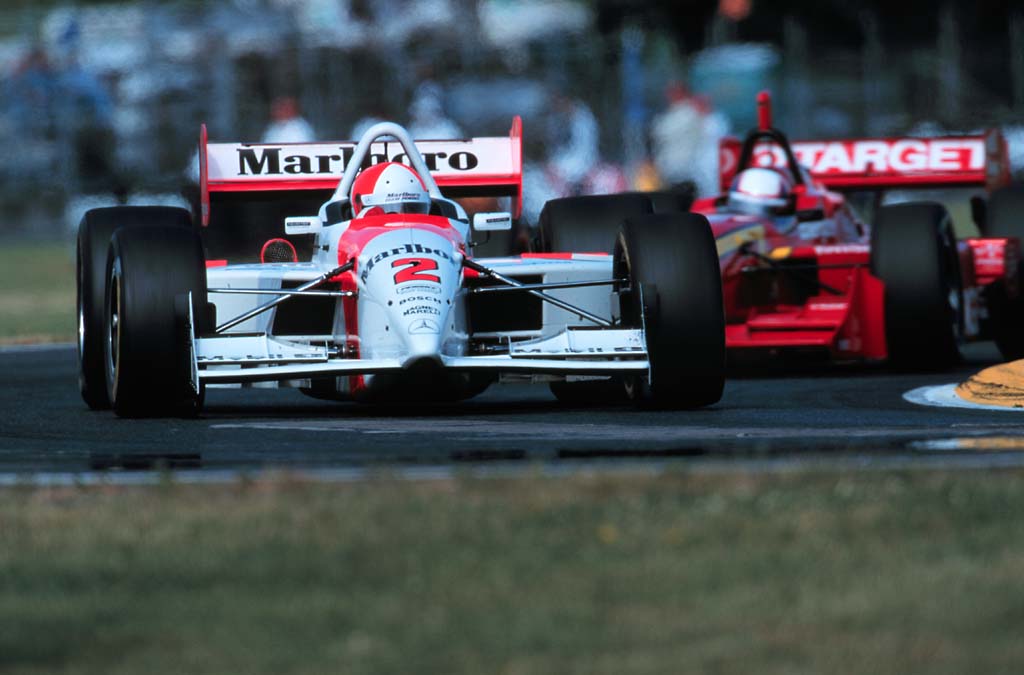 Thermal Barriers
Thermal Barriers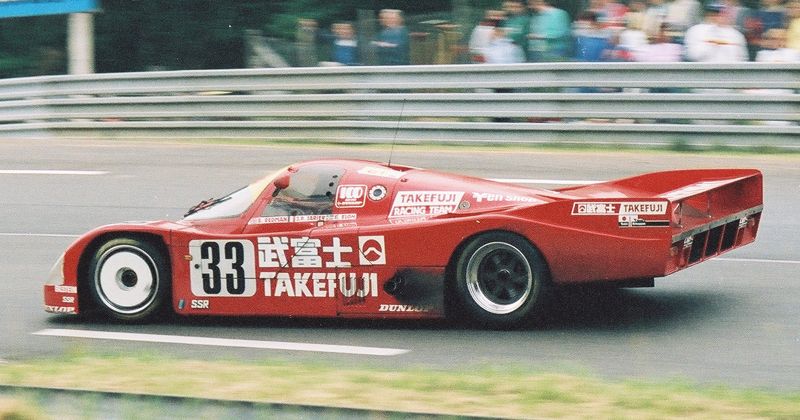 Press
Press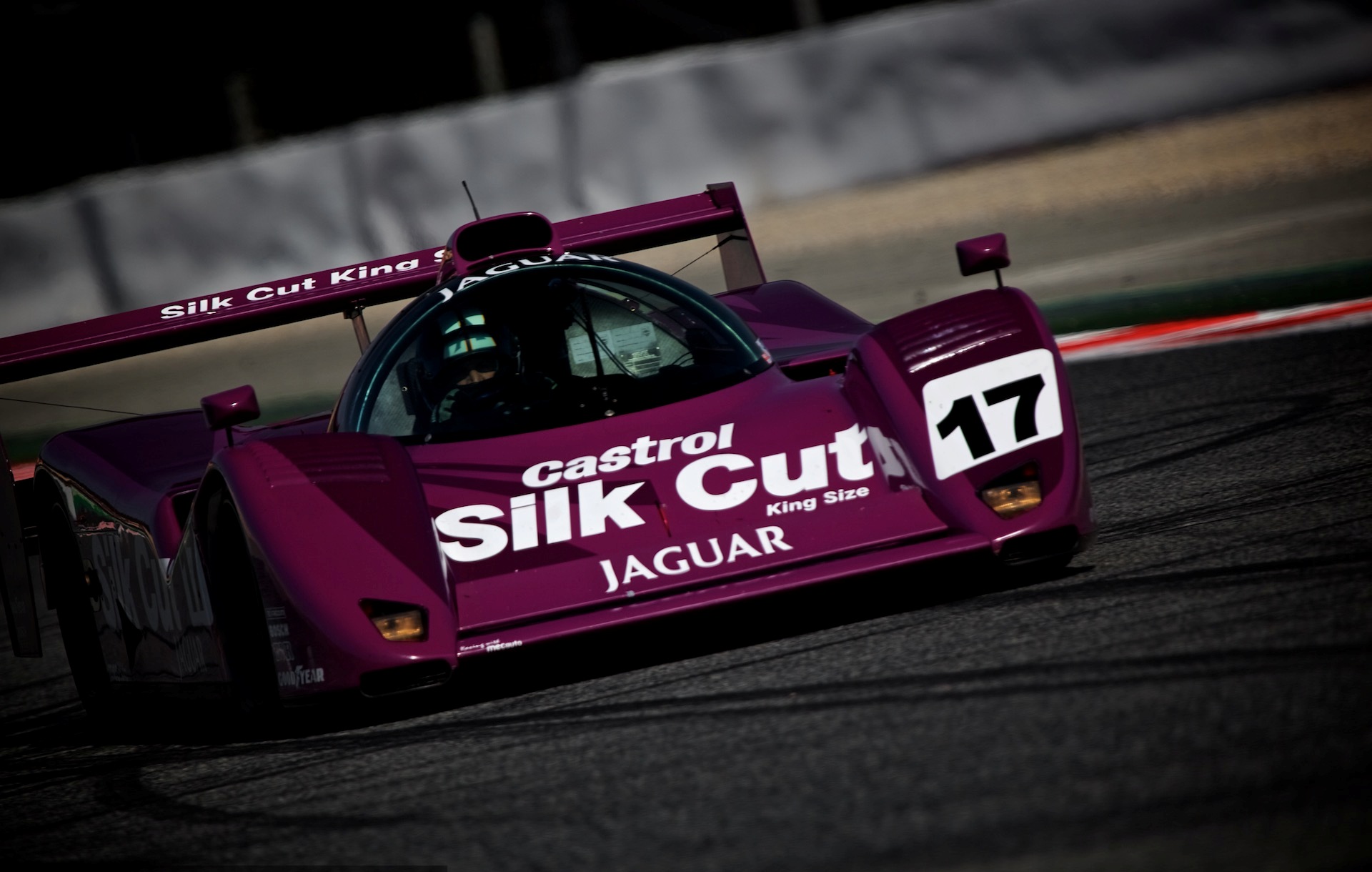 Contacts
Contacts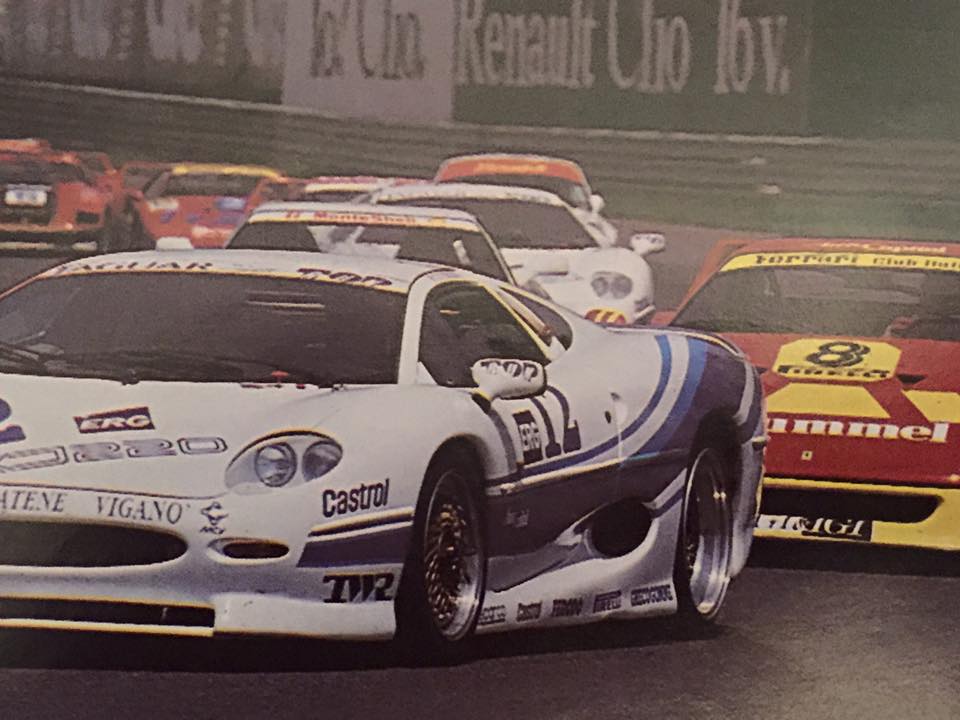 Philosophy
Philosophy


